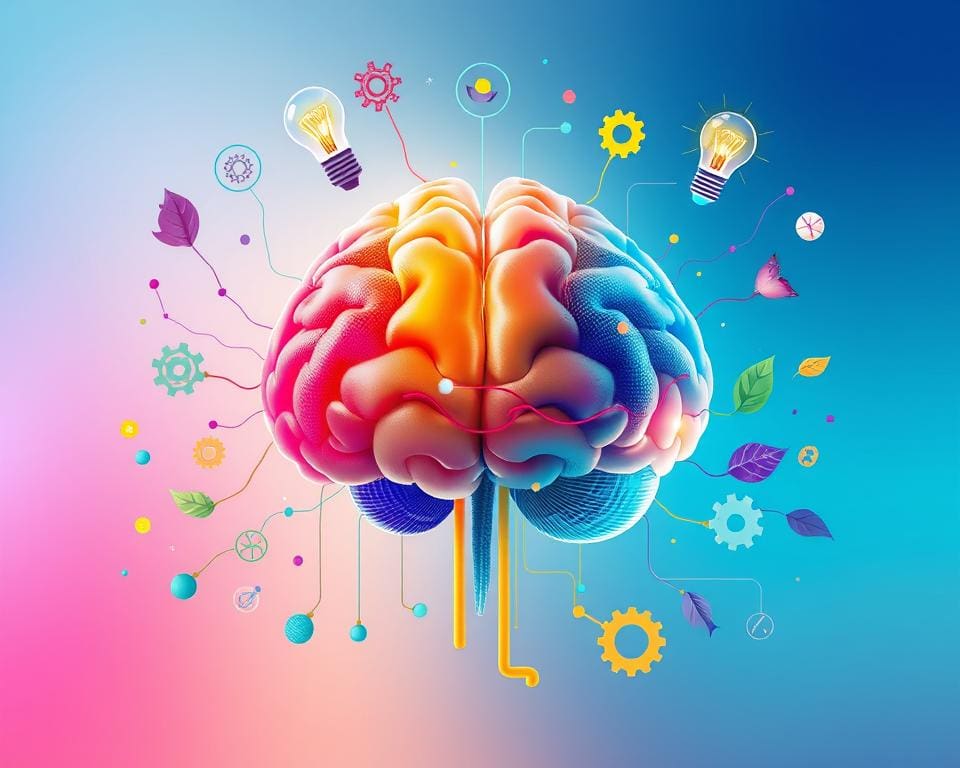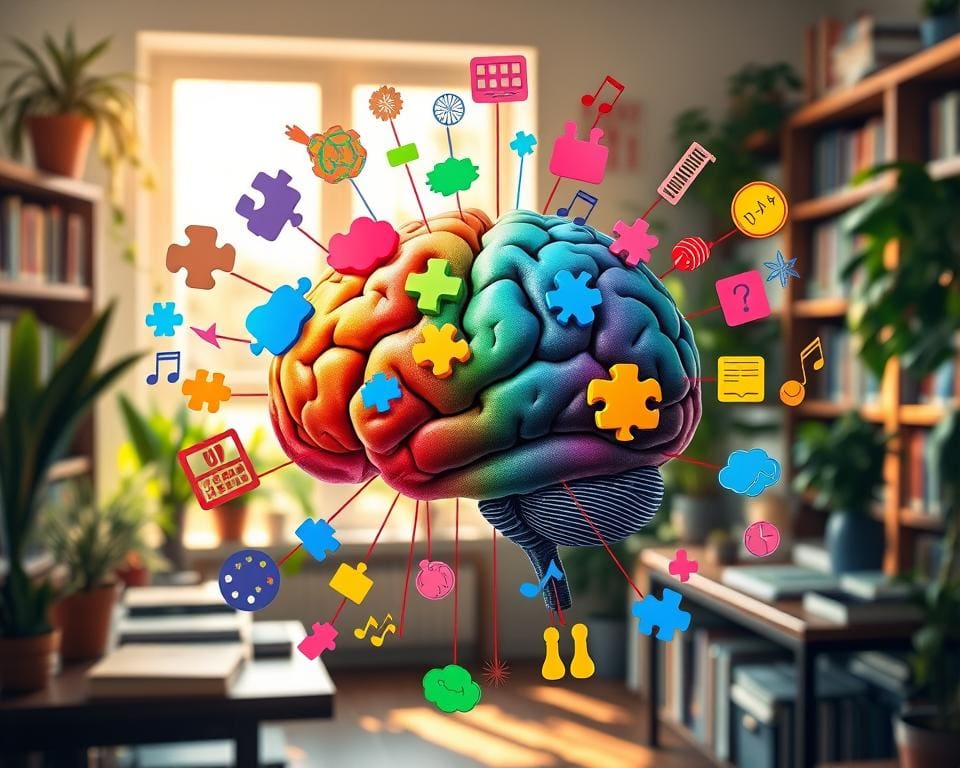Cognitive function plays a crucial role in our everyday lives, encompassing various mental abilities such as learning, memory, problem-solving, and attention. Maintaining a sharp mind is essential not only for personal growth but also for professional success. Prioritizing brain health allows individuals to engage more effectively in daily tasks, ultimately enriching their quality of life.
As we dive into this topic, we will explore valuable tips to stay sharp, focusing on enhancing mental clarity and fostering cognitive vitality. Research indicates that specific activities can significantly improve cognitive function, highlighting the importance of adopting strategies that contribute to overall well-being.
The Importance of Cognitive Function
Cognitive function plays a crucial role in our daily lives, impacting how we think, learn, and interact with the world. Understanding this concept opens the door to appreciating its myriad benefits. Enhanced cognitive function is linked to improved emotional regulation, greater adaptability to stress, and even more robust decision-making skills. Engaging in regular mental challenges not only fosters memory improvement but can also delay age-related cognitive decline.
Understanding Cognitive Function and Its Benefits
Cognitive function involves a range of mental processes, including perception, memory, reasoning, and problem-solving. Maintaining and enhancing these abilities is essential for overall brain health. A well-functioning brain supports effective communication, creativity, and productivity. Techniques to promote cognitive function often include exercises that require focus and concentration, stimulating various parts of the brain to work in harmony.
The Link Between Brain Health and Daily Activities
Daily activities significantly influence brain health. Engaging in physical activities, such as aerobic exercise, has been shown to increase blood flow to the brain, promoting neurogenesis, or the growth of new brain cells. Participating in social engagements enhances cognitive function by building neural pathways and refining communication skills. Continuous learning creates an enriching environment that supports memory improvement and helps maintain flexibility in thought processes. Together, these elements form a foundation for a sharper mind and a healthier brain.

Cognitive Function: Tips to Stay Sharp
Staying mentally agile requires attention to various lifestyle factors. Committing to a supportive diet, engaging in stimulating activities, ensuring quality sleep, and practicing mindfulness can all foster a sharper mind. Each of these elements plays a crucial role in the realm of cognitive enhancement.
Nutrition for a Sharp Mind
Nutrition forms the foundation of cognitive health. A diet rich in omega-3 fatty acids, antioxidants, and essential nutrients is vital for brain function. Incorporating foods like fatty fish, such as salmon and sardines, along with walnuts and blueberries, enhances memory and cognition. Following the Mediterranean diet, which focuses on whole grains, fruits, vegetables, and healthy fats, has shown links to cognitive enhancement and a lower risk of neurodegenerative diseases.
Brain Exercises to Enhance Mental Clarity
Engaging in brain exercises helps improve mental clarity and strengthen cognitive function. Simple activities such as completing puzzles, playing memory games, or learning new languages serve as excellent mental workouts. Strategy games, like chess, or partaking in group discussions further sharpen focus and concentration, making them invaluable tools for cognitive training.
The Role of Sleep in Cognitive Enhancement
Quality sleep is essential for cognitive restoration and memory consolidation. During sleep, the brain processes information and strengthens memories, contributing to a sharper mind during waking hours. Prioritizing sleep hygiene, such as maintaining consistent sleep schedules and cultivating a restful environment, can yield significant cognitive benefits, including enhanced attention, creativity, and problem-solving abilities.
Mindfulness and Meditation for Focus and Concentration
Practices like mindfulness and meditation have been proven to positively impact cognitive function. These techniques foster greater awareness of the present moment, reducing distractions and improving mental clarity. Research indicates that regular meditation can lead to structural brain changes associated with sustained attention and emotional regulation. Techniques such as deep-breathing exercises and visualization further enhance cognitive abilities, contributing to a sharper mind.
Daily Habits for Improved Memory and Focus
Incorporating simple yet effective daily habits can significantly boost memory improvement and enhance cognitive function. Start by dedicating time each day for activities that challenge your mind, such as reading thought-provoking material or engaging in stimulating conversations with friends or family. These activities not only promote focus and concentration but also stimulate neural connections that strengthen your brain’s ability to retain information.
Another essential aspect of improving cognitive function is minimizing distractions. Try to create a focused work environment by setting aside specific times to tackle tasks without interruptions. Multitasking, while seemingly efficient, often leads to reduced focus and lower quality outcomes. By honing in on one task at a time, you foster deeper concentration, allowing your brain to function optimally.
In addition, consider adopting a practice of gratitude or daily reflection. Taking a few moments each day to acknowledge what you are thankful for or to reflect on your experiences can enhance emotional well-being. This emotional state is intricately linked to cognitive performance, reinforcing the notion that a positive mindset plays a critical role in memory improvement. With these small adjustments to your daily habits, witness the remarkable effects on your overall mental clarity and cognitive function over time.









